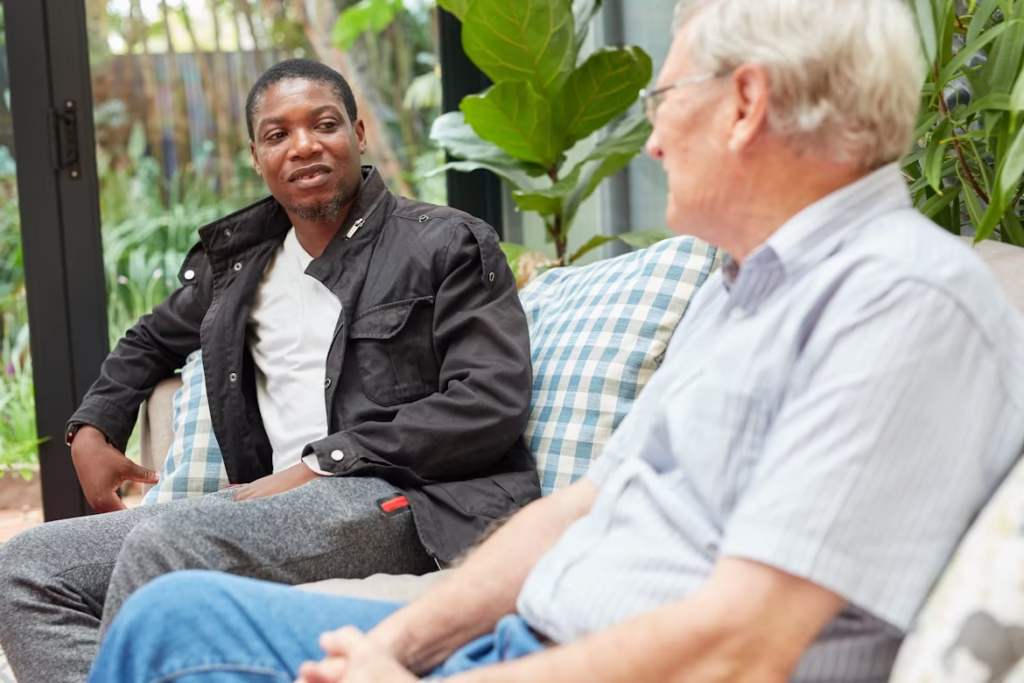In a landmark development for the mental health field, the U.S. Food and Drug Administration (FDA) has granted approval for the first-ever AI-based therapy apps designed to provide personalized mental health support. The approval, announced earlier today, marks a significant step in integrating artificial intelligence into mental health treatment, providing millions of individuals with access to more affordable, accessible, and scalable mental health care.
These AI-powered therapy apps, which have been in development for several years, use advanced machine learning algorithms to provide real-time, interactive mental health support tailored to each user. By analyzing users’ responses, behaviors, and mood patterns, the apps can deliver personalized interventions, therapeutic exercises, and coping strategies designed to improve mental well-being. The therapy apps can also offer cognitive behavioral therapy (CBT), mindfulness training, and emotional regulation techniques, all accessible directly from a smartphone or tablet.
Dr. Emily Chen, the lead researcher behind the project, expressed her excitement about the approval. “This is a pivotal moment in the mental health space. The ability to use AI to deliver personalized, evidence-based therapy in a way that fits seamlessly into people’s daily lives has the potential to dramatically improve the accessibility and effectiveness of mental health care,” Chen said in a statement following the announcement.
Mental health has long been a major concern in the U.S., with millions of people struggling with conditions like anxiety, depression, and PTSD, often facing long wait times for treatment and financial barriers to accessing care. The approval of AI-based therapy apps is expected to alleviate some of these challenges, providing individuals with more immediate access to mental health resources without the stigma or expense that often accompanies traditional therapy.
The AI algorithms powering the apps are designed to continuously learn from the user’s interactions, adapting therapy plans and offering real-time feedback based on individual needs. The apps also include features such as mood tracking, daily check-ins, and automatic adjustments to therapeutic strategies, which make them highly responsive to changes in a user’s emotional state. Some platforms even offer live chat with licensed therapists when needed, blending the benefits of AI with professional oversight.
One of the key benefits of AI-based therapy apps is their ability to provide support around the clock, particularly in times of crisis. Unlike traditional therapy sessions, which are often scheduled in advance and limited to a specific time frame, these apps give users the flexibility to access support whenever they need it. This is particularly valuable for individuals who may be experiencing anxiety or depression outside of regular business hours, allowing for more immediate intervention and relief.
In addition to their potential for improving access, the approval of AI therapy apps could also make mental health treatment more affordable. Many of these apps are designed to be cost-effective, offering subscription models or one-time payments that are much lower than the costs of in-person therapy or traditional mental health services. This could significantly reduce the financial barrier to treatment, making mental health support more accessible to underserved populations.
Despite the excitement surrounding the approval, experts caution that AI therapy apps are not a replacement for traditional, in-person therapy, particularly for individuals with severe or complex mental health conditions. The apps are most effective when used as a complementary tool alongside other forms of treatment, including professional therapy and medication.
As these AI-based therapy apps continue to evolve, experts predict they will play a pivotal role in the future of mental health care. By providing accessible, personalized, and affordable treatment, they have the potential to transform the landscape of mental health treatment, ensuring that more individuals receive the support they need to live healthier, more fulfilling lives.
With the FDA’s approval, the first wave of these innovative apps is expected to be available to the public later this year, offering a new era of mental health support that blends technology with therapy in a way that was once thought impossible.
